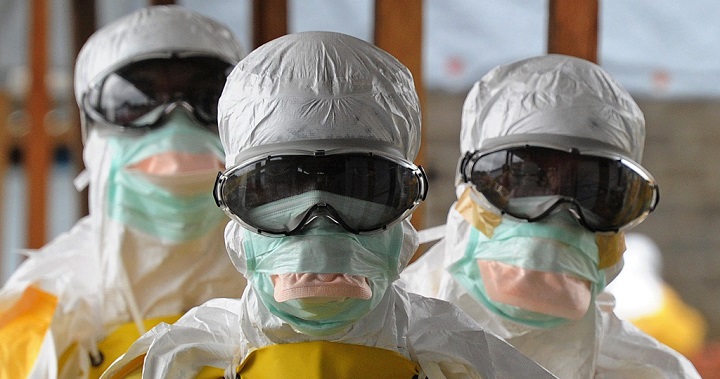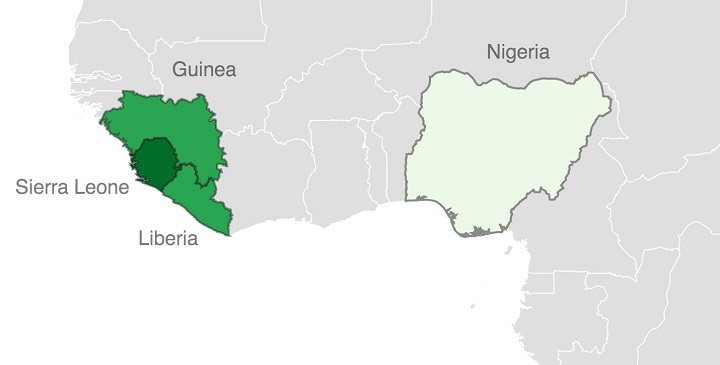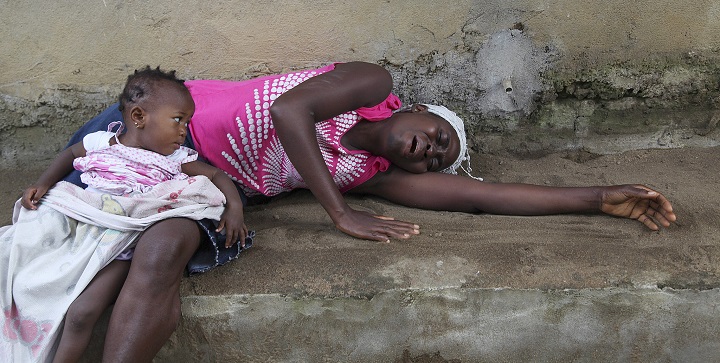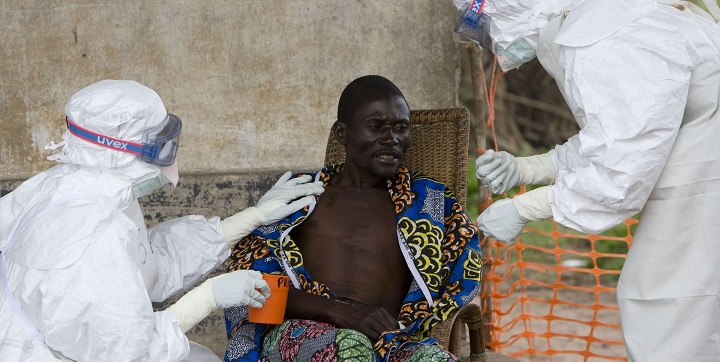
Since the two missionaries suffering from Ebola were transferred to Spain after having infected the virus, fear and hysteria have occupied our country, especially since the nurse Teresa Romero caught the disease. Of course, before these cases came to light, the Ministry of Foreign Affairs had already advised against citizens to travel to several African countries unless they were cases of extreme necessity.
Nowadays, in addition to this measure, it is also advised not to travel to certain countries under any circumstances. Do you want to know what territories we are talking about? Well join us!
Do not travel under any circumstances
The Ministry of Foreign Affairs and Cooperation recommends not traveling under any circumstances to two African countries: Liberia and Sierra Leone. In both cases, the recommendation has no binding effect and only serves with notice or advice. Of course, the State will not be responsible in case of damage or harm that may be caused to people or property. It should be taken into account that according to the World Health Organization (WHO), more than 9,000 people have already been infected by Ebola. The most worrying thing is that of these, 4,500 have died (most of the cases have been in these two countries), since there is no vaccine or any specific treatment for the disease. Furthermore, in Africa patients do not receive retroviral treatments, immune plasmas, or experimental sera.

Do not travel except for reasons of extreme necessity
On the other hand, the Ministry of Foreign Affairs and Cooperation recommends not traveling to Guinea Conakry, Nigeria and the Democratic Republic of the Congo except for reasons of extreme necessity.
Transmission risk
It must be taken into account that Hemorrhagic Fever due to the Ebola virus is transmitted through direct contact with the blood, secretions, organs and other body fluids of both infected people and animals, whether living or dead. However, these are unlikely exposures in normal travelers, so the chance of them becoming infected with the virus is "extremely low" according to the Ministry of Health. In the case of travelers visiting friends or relatives from the affected countries, the risk remains low, unless they are in direct physical contact with someone who is ill. In this case, the affected person must report their exposure and prevent spread.

Those most at risk of contagion are health workers and volunteers or aid workers who are in the affected areas. However, this group implements basic prevention measures against the virus with which the disease can be prevented.
Safety measures
If you have no choice but to travel to affected areas, you must follow the different precautionary measures recommended by the Government : avoid contact with blood or body fluids of infected people and animals, whether they are alive or dead; not having sex with people who are sick or have recovered from Ebola for at least 7 weeks; avoid having contact with objects that have been contaminated with blood or body fluids; wash and peel fruits and vegetables before consuming them; scrupulously follow hand washing routines; and avoid bat habitats.

Symptoms of the disease
If you have returned from an affected area and present any symptoms of the disease (fever, muscle pain, headache, sore throat, vomiting, diarrhea, rash or bleeding) during the 21 days following your return, you should call 112 informing of your symptoms and your trip.
